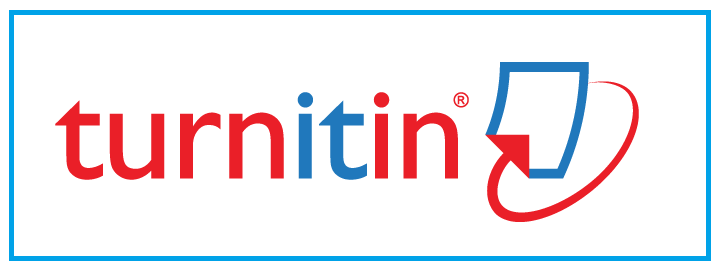THE EFFECTIVENESS OF PROJECT-BASED LEARNING (PJBL) MODEL IN ENHANCING STUDENTS’ CREATIVITY IN SCIENCE LEARNING
Keywords:
Project-Based Learning, Student Creativity, Science Education, 21st Century SkillsAbstract
This study aims to determine the effectiveness of the implementation of the project-based learning model (PjBL) in increasing student creativity in Natural Sciences (IPA) subjects. Student creativity is one of the important competencies of the 21st century that must be developed through an active, innovative, and contextual approach to learning. In the modern world of education, creativity is not only considered a natural talent, but also a skill that can be honed through meaningful learning experiences. The PjBL model provides students with the opportunity to be directly involved in the learning process through projects that are challenging and relevant to daily life, so that they can spark creative thinking, problem-solving skills, and collaboration. This study uses a quantitative approach with quasi-experimental methods and nonequivalent control group design. The subjects of the study were grade VIII students at one of the junior high schools in Mataram City which were divided into two groups, namely the experimental class that used the PjBL model and the control class that followed conventional learning. The research instruments include creativity assessment sheets based on fluency, flexibility, originality, and elaboration indicators, as well as documentation of student project results. The results of the data analysis showed a significant difference between the creativity of students in the experimental class and the control class. Students who participated in learning with the PjBL model showed a higher increase in creativity. Thus, project-based learning has proven to be effective in increasing students' creativity in science learning.








